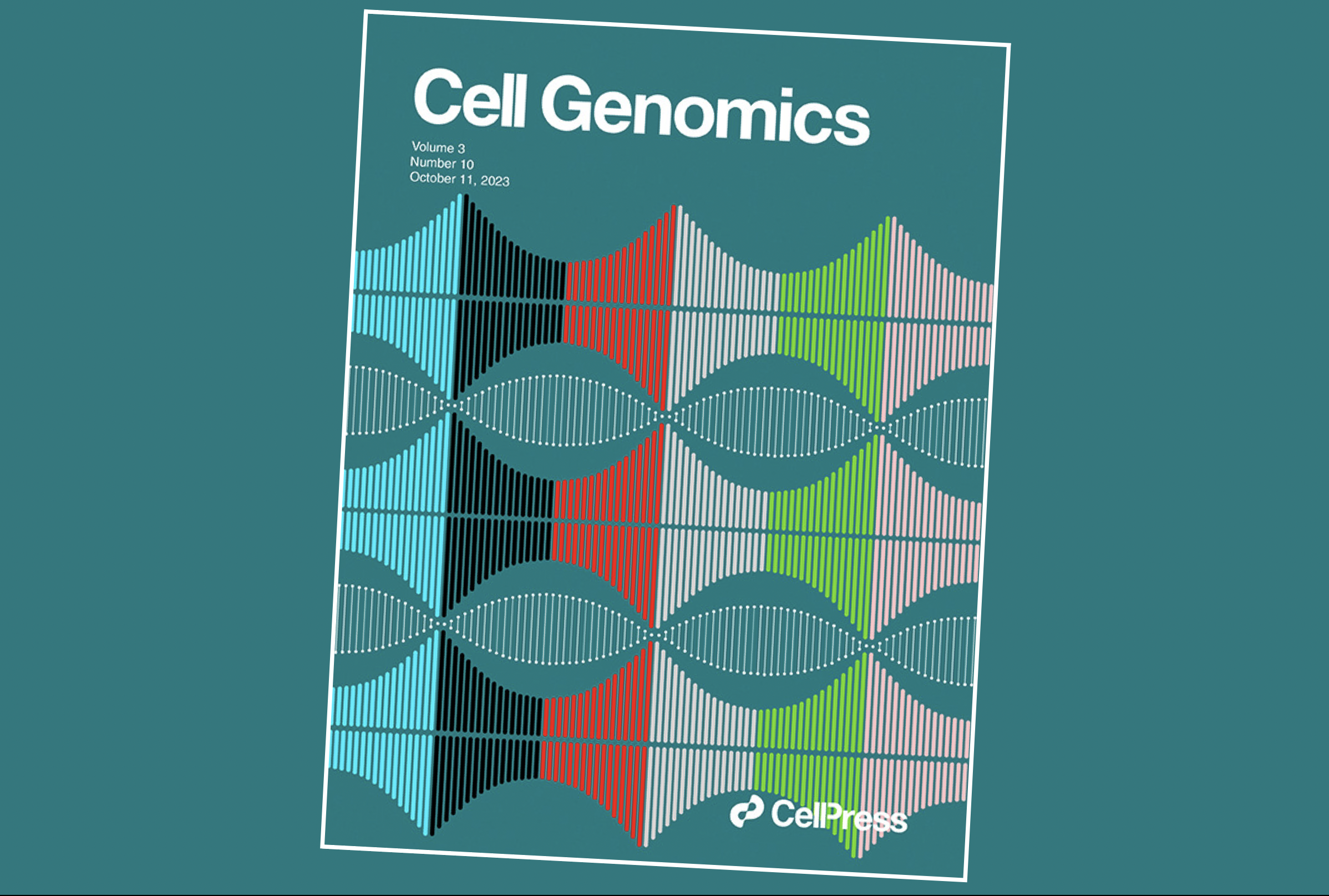In a Cell Genomics article published this month, GSEJ Director Professor Joy Zhang highlighted how contemporary ‘genetic sovereignty’ framing in science policies may paradoxically undermine rather than protects the public good in the Global South.
The piece pointed out that for many non-Western societies, invoking genomic sovereignty is a necessary (and belated) correction to historical oppression and a collective resistance to ongoing global capitalist exploitation. However, drawing on examples such as Mexico and China, the paper demonstrated that the invocation of genomic sovereignty in major late-developing countries has often been effectively reduced to a centralised restriction of the circulation and sharing of biomaterial and bio-data across national jurisdictions.
By overly relying on limiting access, such policy approaches do not offer an alternative to either enhance domestic research capacity or to promote public well-being or fairer benefit sharing. Rather, they replicate a similar hegemonic rationale and exert a form of state-led biocoloniality over managing genetic resources. That is, the genomic sovereignty discourse is often employed by the state to capture the economic promise of the life sciences rather than being driven by equality and social justice concerns to protect all population groups within the country. As such, the sovereignty framing may in turn exacerbate data biases in global research and directs policy attention away from the necessary structural changes required to achieve non-discriminatory and equitable genomic healthcare.
Zhang argued that ‘in contemporary genomic research, true sovereignty comes not from exclusive control of human genetic resources but from the capacity to coordinate responsible and effective management of these resources for the social good.’
The paper is open access, and can be downloaded here: https://www.cell.com/cell-genomics/fulltext/S2666-979X(23)00219-7

